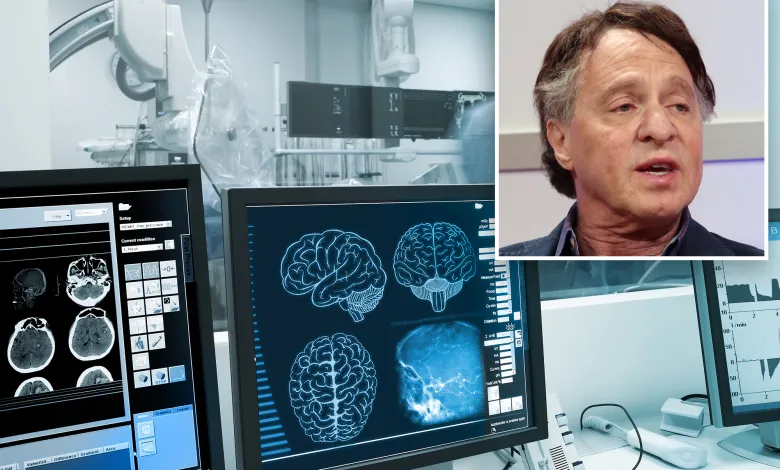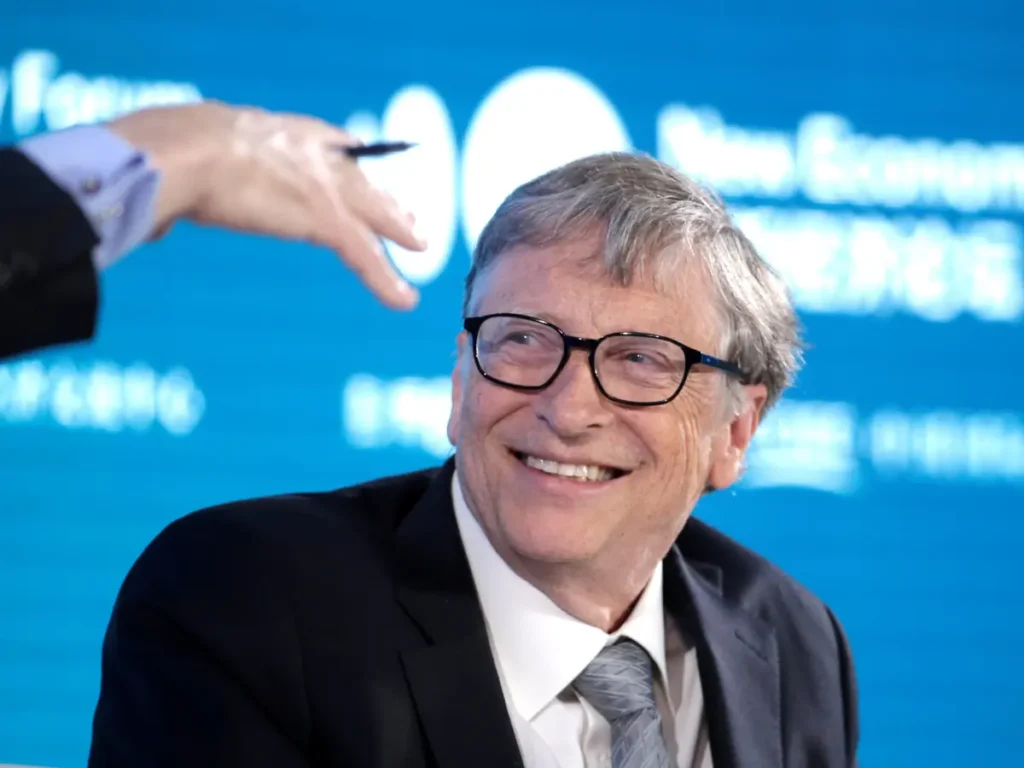Is it your ultimate goal to live forever?
According to futurist Ray Kurzweil, we will all live forever within the next seven years.


The 75-year-old computer scientist and former Google engineer made this and other startling predictions in recent decades; he was awarded the National Medal of Technology in 1999 and inducted into the National Inventors Hall of Fame in 2002.
Kurzweil’s remarks on immortality have recently resurfaced in a two-part YouTube series by tech vlogger Adagio as the fated date draws near.
After predicting the widespread adoption of laptop computers and IBM’s computer defeating world chess champion Garry Kasparov, Kurzweil gained a cult following among futurists.
Adagio’s latest videos, which have amassed over 87,000 views, revisit claims made by Kurzweil in his 2005 book, “The Singularity Is Near,” in which he asserts that humans will be able to achieve immortality through technological means by the year 2030.
Alan Turing Test
“2029 is the consistent date I have predicted for when an AI will pass a valid Alan Turing test,” Kurzweil told Futurism in 2017 — referring to experiments that challenge computers to think like us — “and therefore achieve human levels of intelligence.”
I’ve settled on the year 2045 as “Singularity,” the time when human intelligence will be exponentially increased by merging with the artificial intelligence we’ve developed.
Kurzweil has predicted that in ten years or less, humans will develop anti-aging and disease-prevention technologies, such as sending tiny robots into the human body to repair damaged cells. And yes, doctors and scientists are working hard right now to perfect these disease-fighting robots.
He goes on to say that this new nanotechnology will make it possible for people to eat whatever they want and still be thin and full of energy.
In a 2003 blog post, Kurzweil proposed the use of nanobots in the digestive tract and bloodstream to “intelligently extract the precise nutrients we need, call for needed additional nutrients and supplements through our personal wireless local area network.”
Kurzweil’s was 86% Accurate
Although many of Kurzweil’s claims may seem far-fetched at first, they have often been realized.
The scientist claimed in a report he wrote in 2010 presumably also serving as his fact-checker that of 147 predictions he made in the 1990s, he was 86% accurate.
He was spot-on with many of his forecasts, including the following: by 1999, consumers will be able to design their clothes with precise measurements and style requirements from their home computers; by 2000, the world’s best chess player would lose to a computer; by 2009, people would primarily use portable computers; and by 2010, the majority of the world would have high-bandwidth wireless internet access at all times.
Meanwhile, Silicon Valley billionaires like Peter Thiel and Jeff Bezos have put a lot of faith in Kurzweil’s forecasts, focusing their professional lives on creating the technology that will allow humans to live into their hundreds.




